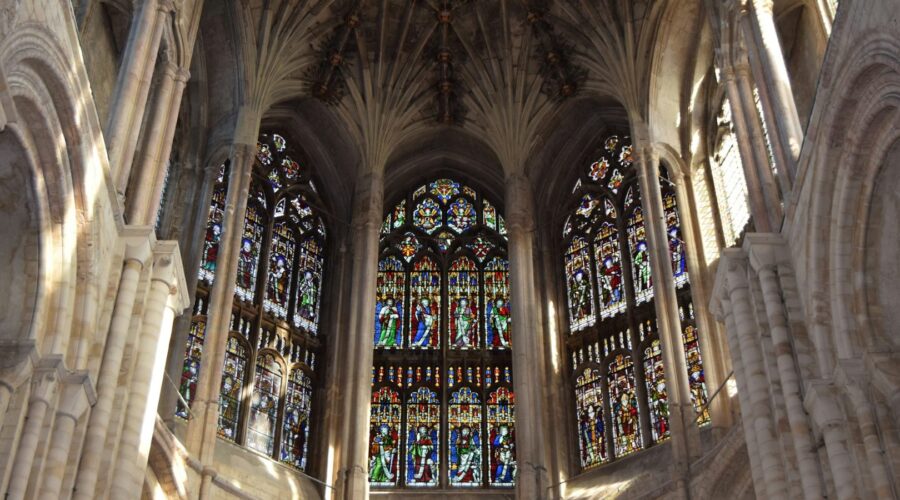Your cart is currently empty!
Rediscovering the Reformed Church: A Journey into History, Doctrine, and Practice

1. Historical Beginnings
The Reformed Church originated in the 16th century during the Protestant Reformation. It finds its roots in the teachings of John Calvin and other reformers who sought to renew the Christian faith based on the principles of scripture alone (sola scriptura).
The Reformed movement began in Switzerland and spread to other parts of Europe, including France, the Netherlands, and Scotland. It played a significant role in shaping the religious and political landscape of the time.
2. Key Doctrines
The Reformed Church is characterized by a set of core doctrines known as the Five Points of Calvinism (TULIP):
- Total Depravity: Human nature is inherently sinful, and everyone is born with a predisposition to evil.
- Unconditional Election: God chooses some to be saved and others to be condemned, regardless of their merits or actions.
- Limited Atonement: Christ’s death on the cross was sufficient to redeem only the elect.
- Irresistible Grace: God’s grace is irresistible to those he has chosen, leading them to repentance and faith.
- Perseverance of the Saints: Once saved, true believers are eternally secure and cannot fall away from faith.
3. Worship Practices
Reformed worship is characterized by its simplicity and reverence.
- Focus on Scripture: Sermons and liturgy are based on biblical passages, emphasizing the importance of God’s Word.
- Participation and Response: Congregations actively participate in worship through prayer, singing, and sacraments (baptism and communion).
- Regulating Worship: Reformed churches establish guidelines for worship to ensure order and unity, minimizing personal preferences.
- Congregational Autonomy: Each church is self-governing and elects its own leaders.
- Elders and Deacons: Churches are governed by a board of elders, who are responsible for spiritual oversight and discipline, and by deacons, who care for practical needs.
- Synods and Presbyteries: Churches are organized into regional groups called synods, which meet regularly to oversee doctrine and discipline.
- Spread of Protestantism: Reformed theology played a significant role in the spread of Protestantism throughout Europe and beyond.
- Education and Literacy: Reformed churches emphasized education and literacy, leading to the establishment of schools and universities.
- Social Impact: Reformed principles have shaped social and political thought, promoting values such as justice, democracy, and individual liberty.
- Visit the website of the World Council of Reformed Churches
- Read books and articles by Reformed theologians like John Calvin, Jonathan Edwards, and Karl Barth
- Attend a service at a Reformed church in your area
| Characteristic | Description |
|---|---|
| Simplicity | Striving to avoid ornamentation or elaborate rituals |
| Reverence | Maintaining a sense of awe and respect in God’s presence |
| Biblical Focus | Centering all worship elements on Scripture |
| Congregational Participation | Encouraging active involvement from the entire congregation |
| Regulated Worship | Following established guidelines to preserve unity and order |
4. Ecclesiastical Polity
Reformed churches have a presbyterian form of government, emphasizing the rule of elders rather than the authority of a single bishop or pope.
5. Influence and Legacy
The Reformed Church has had a profound impact on global Christianity and Western culture.
6. Tips for Further Exploration
For those interested in learning more about the Reformed Church, here are some tips:
Conclusion
The Reformed Church is a vibrant and diverse Christian tradition with a rich history and a commitment to the authority of Scripture. Its distinctive doctrines, worship practices, and ecclesiastical polity have shaped the lives of millions of believers worldwide. By understanding the key aspects of the Reformed Church, we can better appreciate its ongoing contributions to Christianity and to the broader human experience.